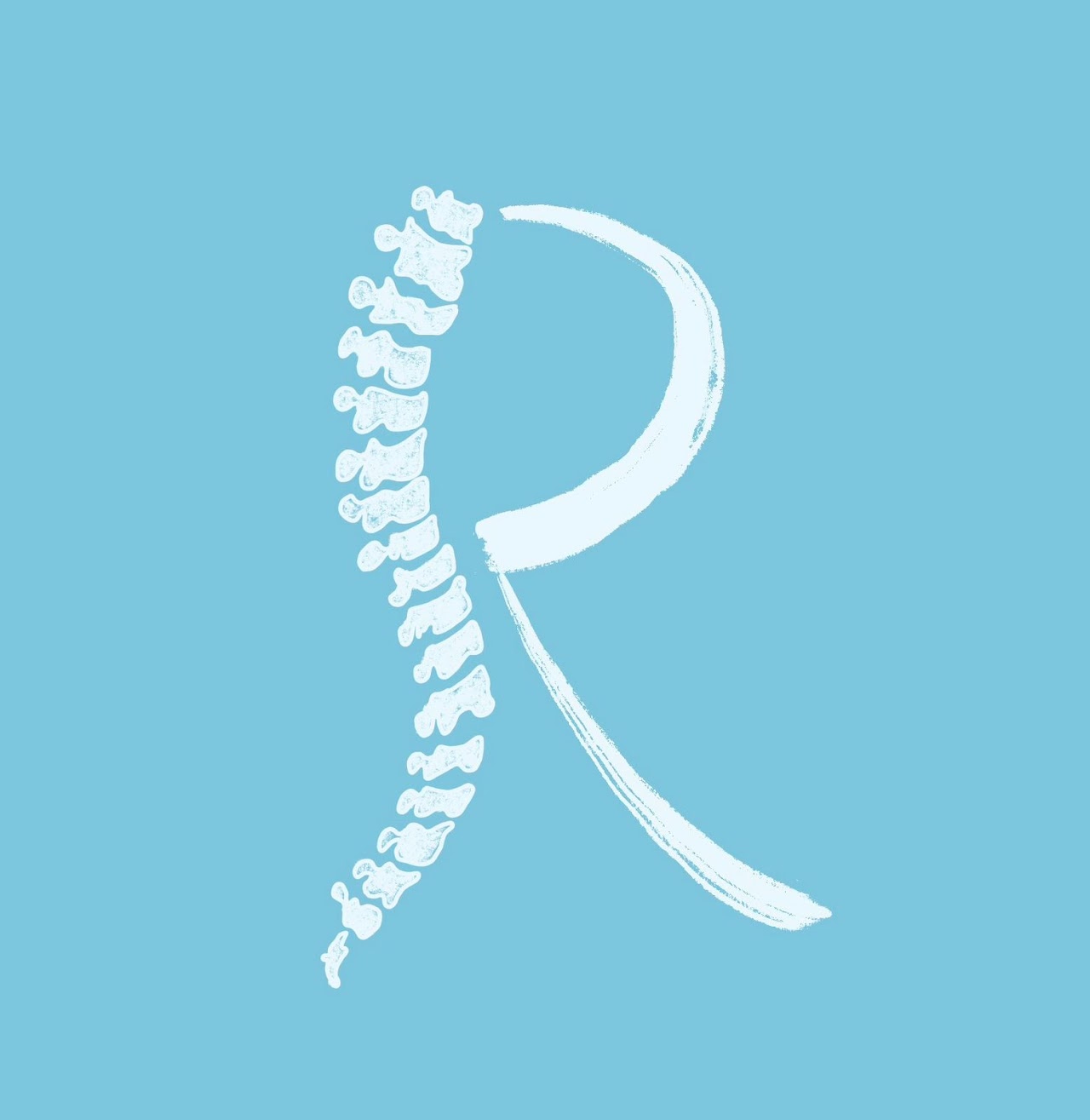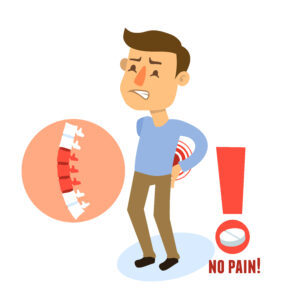Introduction
Knowing what relationship exists between your vitamin D levels and your body fat will keep you healthy inside and out. Vitamin D, sometimes referred to as the “sunshine vitamin,” has an effect on many things that your body does. They include the way it regulates fat. This article will delve into how it affects body fat percentage. What’s happening at the molecular level Give you practical tips to get more vitamin D into your life.
What is Vitamin D?
Vitamin D Definition and Types
Vitamin D represents the fat-soluble form of vitamin that plays several roles in the body. Vitamin D occurs and appears in two forms. That is the vitamin D 2 ergocalciferol and the vitamin D3 cholecalciferol. The first form of vitamin D is known as Vitamin D2. It is naturally available in some food from plants and in supplements. The other one is the vitamin D3. It is formed in the skin when one is exposed to sunlight. It can also be obtained from several foods that are animal based.
Sources of Vitamin D
Three major sources of vitamin D include: sunshine, diet, and dietary supplements. Principally, natural dietary sources are liver of fatty fish, egg yolks, and foods fortified with it such as milk, cereals, and liquids. Supplements are used in daily diet by many to meet the daily requirements of this vitamin. Especially when there is limited exposure to sunlight.
Vitamin D and Its Role in the Human Body.
Importance of Vitamin D for Healthy Bones
Vitamin D is best known for its activity in enhancing the absorption of calcium. This would, in turn, support healthy bones and teeth. Without enough vitamin D our bones become thin. They become brittle or misshapen.
Immune System Support
It also provides for immune system support in that the immune system is beefed up on its own and hence more ready to help the body fight infections and diseases. For instance, improvement of pathogen fighting effects of monocytes and macrophages, and lowering of levels of inflammation.
Other Essential Functions
Apart from its function in maintaining bone health and providing support to the immune system, Vitamin D has a shared role in the following : cellular growth, neuromuscular function, and restricting inflammation. It also contributes to the cardiovascular benefits of health Body Fat Percentage
Comprehension
Definition of Body Fat Percentage
Body fat percentage is a measure of the proportion of body fat to body weight. It is a marvellous pointer of healthy levels, measuring the difference between body fat mass and lean body mass.
Healthy ranges for various populations:
Percentage body fat varies with age, sex, and fitness. For example, the average for an adult male is usually between 8–19%; for an adult woman, it is 21–33%. Athletes are usually leaner, having a lower body fat mass because of higher muscle mass.
How Vitamin D is Associated with Body Fat
Scientific Literatures and their Results
Other studies have also suggested a relationship or a link between body mass and levels of vitamin D. The reports read that the larger a person’s size, the lesser the content or amount of vitamin D is detected and vice-versa–supporting the role of vitamin D in regulating body fat.
Mechanisms of Action
The effects of vitamin D on body fat are believed to be mediated through a variety of mechanisms. It probably influences the expression of genes related to fat storage and breakdown. Additionally, receptors for vitamin D are found in adipose tissue. This demonstrates the direct interaction of this compound in the metabolism of fat.
Role of Sunlight in the production of Vitamin D
Synthesis of Vitamin D and Sunlight Exposure
sunlight is the major source of vitamin D for most people. Vitamin D3 can be synthesized in the skin if it is exposed to UVB rays from the sun. Production of vitamin D3 depends on a variety of factors such as time of day, skin color, and geographic location.
Geographic and Seasonal Variations
Those residents at high latitudes or having long winters are prone to a reduced synthesis of this vitamin due to lesser sunlight. Seasonal variation will thus affect Vitamin D which is usually at higher levels during the summer.
Dietary Sources of Vitamin D
Foods Rich in Vitamin D
You can get it from foods such as salmon, mackerel, sardines, and tuna. Other food sources are beef liver, cheese, and egg yolks. Foods fortified with Vitamin D include milk, orange juice, and cereals.
Supplements and Fortified Foods
“Accordingly, Vitamin D supplements are good for ensuring that there is enough intake, especially in those individuals who have limited sun exposure or have diet-related constraints. Accordingly, multivitamins with Vitamin D are very common and specific Vitamin D supplements can range from low to high dose.”
Vitamin D Deficiency and Body Fat
Causes of Vitamin D Deficiency
Deficiency can result from lack of enough sun, poor dietary intake or some medical conditions which limit reliable sources of Vitamin D, such as application of sunblocks. Also at risk are people who are obese, as Vitamin D will get trapped in the adipose tissues and hence become unavailable to other tissue parts of the body.
Symptoms and Health Implications
Fatigue, bone aches, muscle weakness, and mood changes are common associated symptoms for those whose levels in the body drop too low. Prolonged treatments can include serious health complications, in amongst others, risks of osteoporosis, cardiovascular diseases, an impaired immune system.
Effects of Vitamin D on Metabolism
Vitamin D Metabolic Rate
Vitamin D is largely considered to be involved in metabolic activities and thus may influence metabolic rate. The optimal levels of vitamin D in the body act in determining metabolism by this sure that all the energy sourced is well utilized and fats utilized.
Influence on Fat Storage and Fat Breakdown
Vitamin D can directly affect how your body is going to store, along with breaking down fats. It’s considered to be the vitamin manager of key enzymes and hormones which increase or decrease fat storage and loss.
Vitamin D and Hormone Control
It interacts with Hormones such as:
Vitamin D interacts with hormones that regulate hunger and fat storage, particularly insulin and leptin. A deficiency in vitamin D leads to impaired insulin activity, a condition that promotes fat storage and may additionally contribute to weight-related disorders.
Appetite and Satiety
Vitamin D through Leptin Levels
Vitamin D can affect hunger and fullness. A healthy leptin activity makes sure that you have ‘leptin sensitivity ‘. Leptin activity will tell you when to start eating and quitting after repletion of your expenditures. This could be important in keeping a healthy content of body fat.
Vitamin D supplementation is good for weight loss, even when one is deficient. It will improve the biological function and balance of the different hormones; hence, it does have a positive action toward good body health.
Recommended Dosages and Safety
Daily Recommended Allowance of vitamin D varies based on age and sex and health condition. In adults, nearly everybody needs 600 to 800 IU per day. Some few overdose when there is a shortfall in it. Again similar to any other supplement, it is good to consult first with your doctor regarding the form and dosage you should be taking.
They can help you maintain your Vitamin D levels.
Sun Exposure Guidelines for Vitamin D
Obtain enough vitamin D through moderate, regular sun exposure; about 10 to 30 minutes, midday, most days of the week. Based on skin type and geographic location. Always balance sun exposure with skin cancer risk.
Dietary Recommendations
Add to you diet vitamin D containing foods and if necessary fortified foods and supplements. You will be required to regulate and monitor you Vitamin D intake to recommended levels.
Possible Risks of Excess Vitamin D
Hypervitaminosis D
Too much vitamin D causes hypervitaminosis D, which in turn results to too much calcium in your blood. You will undoubtedly show side effects such nausea, weakness, and damage to kidneys. Never take more than the recommended dosages.
Establish Safe Levels
The amount of vitamin D should be regularly tested through blood tests as its deficiency can only be kept in check by the safe levels of intake. The dosage can be correctly ascertained with the healthcare professional. Make sure that you do not go overboard with the safety limits.
Conclusion
Vitamin D is the most crucial supplement among factors to a healthy body fat percentage and thus fit overall body. This one vitamin has a number of far-reaching effects that include everything from bone health and boosts to the immune system to metabolic and hormonal regulations. Understanding the relationship that exists between vitamin D and body fat on issues concerning health will help you make informed choices about exposure to the sun, dieting, and supplementation.
Frequently Asked Questions
Can Vitamin D Help in Losing Weight Alone?
Remember Vitamin D is not that magic wand to lose weight, although it may have added advantages in the forms of metabolic functions and hormone regulation. Association with healthy living habits is when the intake of vitamin D is at its healthiest. For optimum weight management, what you should aim for is this with a healthy diet and reasonable physical activity.
How Much Sun Do I Need to Get Enough Vitamin D?
This depends upon skin type, location, and season. For most, it takes only 10 to 30 minutes of midday sun a few times a week to get adequate sun exposure.
Am I Likely to Experience Any Side Effects from Supplemental Vitamin D?
Taking vitamin D by mouth is safe when used as directed. High continual intake may result in hypervitaminosis D. Common symptoms include nausea. Weakness Another symptom is weakness. Kidney problems can also occur. Consult your health care provider before supplementing.
Some common deficiency signs of vitamin D include fatigue, bone pain, and muscle weakness among others. Consider having a blood test. This will show your levels of the nutrient and whether you need supplements.
What types of food are best for me to eat to increase my level of Vitamin D?
Food sources that are among the best sources of vitamin D include the following. Fatty fish. Vitamin D is found in beef liver. Another good source is egg yolk. Fortification of foods, such as milk, orange juice, and cereals. Supplements can increase your intake if necessary.



